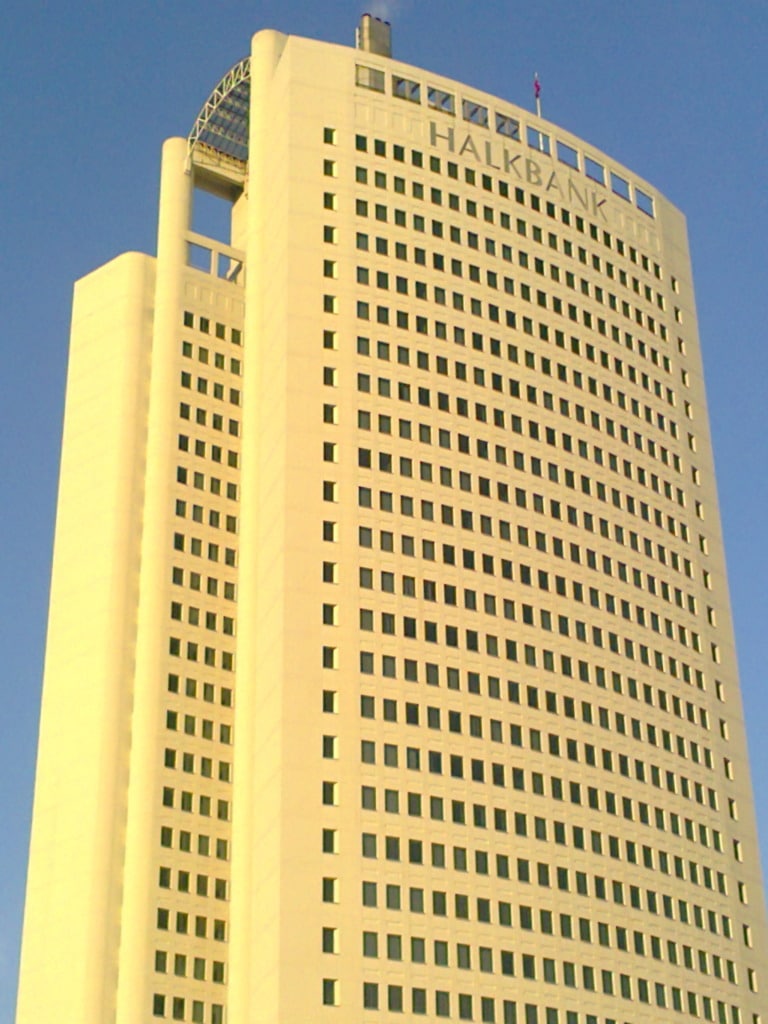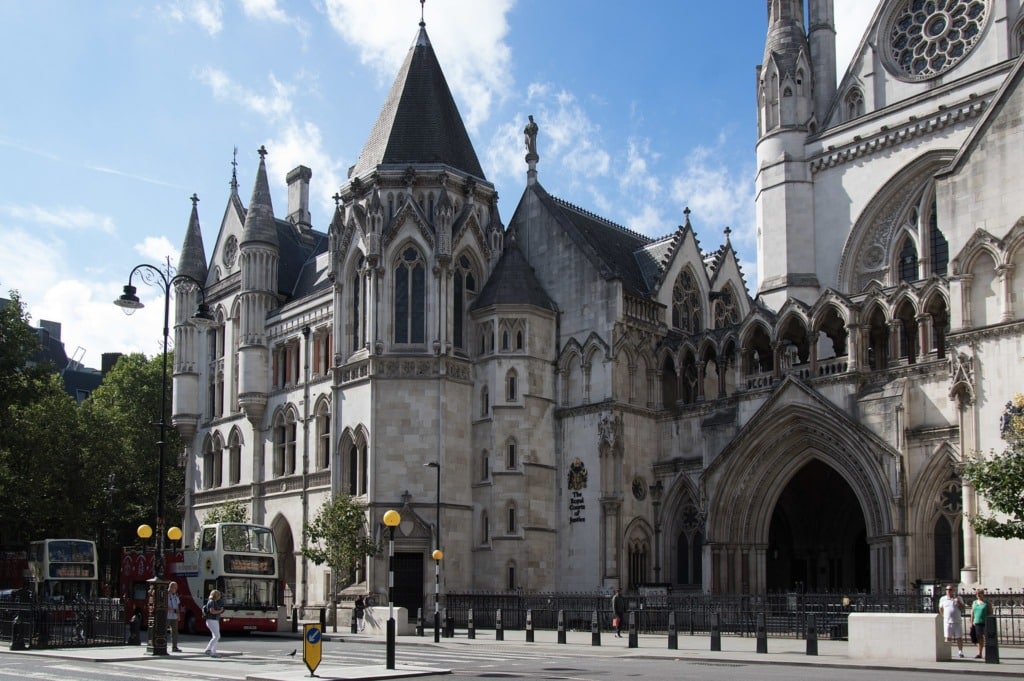Eleventh Circuit Reverses Helms-Burton Judgments
On October 22, 2024, the U.S. Court of Appeals for the Eleventh Circuit overturned judgments of more than $100 million each against four U.S.-based cruise lines under the 1996 Helms-Burton Act. The decision is another example of just how difficult it has been for plaintiffs to recover under the act since President Trump allowed suits…
Continue ReadingSecond Circuit Holds for the Government in Halkbank Remand
The U.S. Court of Appeals for the Second Circuit has issued its opinion in U.S. v. Turkiye Halk Bankasi (Halkbank) following the Supreme Court’s decision to remand the case for further consideration of common law immunity issues. The same panel of Second Circuit judges held for the government the first time it heard the case…
Continue ReadingU.S. and Foreign Litigation Relating to the Events in Gaza
High profile cases against Israel and Germany have been bought before the International Court of Justice, alleging violations of international law with respect to events in Gaza following the October 7, 2023, attacks by Hamas. The prosecutor of the International Criminal Court is seeking five warrants of arrest against Israelis and Hamas leaders for war…
Continue ReadingSupreme Court Grants Cert in Smith & Wesson v. Mexico
This morning, the Supreme Court granted cert in Smith & Wesson Brands v. Estados Unidos Mexicanos. As regular readers will know, Mexico sued Smith & Wesson and other gun manufacturers in federal district court of the District of Massachusetts, alleging that defendants design, market, and sell guns in ways they know will arm Mexican drug…
Continue ReadingDoes the New York Convention Apply to Investor-State Awards?
On August 9, 2024, in Zhongshan Fucheng Industrial Investment Co. v. Federal Republic of Nigeria, the D.C. Circuit held that Nigeria was not immune from suit to enforce an arbitral award for a Chinese investor under a bilateral investment treaty. The U.S. Foreign Sovereign Immunities Act (FSIA) has an exception to state immunity for actions…
Continue ReadingFifth Circuit Doubles Down on International Shoe
A recent Fifth Circuit decision stoutly reaffirmed that court’s en banc position that the personal jurisdiction analysis is the same under the Fifth and the Fourteenth Amendments. Indeed, reading Hardy v. Scandinavian Airlines System, one would have no idea that a vocal minority of federal appellate judges have been calling for a veritable revolution in…
Continue ReadingGovernor Newsom Signs Holocaust Art Bill
Yesterday, California Governor Gavin Newsom signed AB 2867 into law. The bill provides that California law applies in suits brought by a California resident involving the theft of art or other personal property during the Holocaust or other political persecutions. Assemblymember Jesse Gabriel introduced AB 2867 in response to the Ninth Circuit’s decision earlier this…
Continue ReadingNinth Circuit Denies Rehearing in Doe v. Cisco Systems
On September 3, 2024, the Ninth Circuit denied rehearing en banc in Doe v. Cisco Systems. The panel had held that Chinese practitioners of Falun Gong could sue Cisco, a U.S. company, for aiding and abetting human rights violations by building a surveillance system for the People’s Republic of China. Judge Patrick Bumatay (joined by…
Continue ReadingEighth Circuit Rejects Recovery of Attorney Fees under the CISG
Few questions on the interpretation of the CISG have been as contested on the international level as the potential recovery of attorney fees as damages for breach of contract. Courts in the United States have historically held that attorney fees are not recoverable under Article 74. That consensus was challenged last year when a federal…
Continue ReadingHow (Not) to Decide Whether a Foreign Judgment Is Preclusive
Foreign judgments are generally entitled to recognition in the United States. Beneath that simple statement, however, lie many complexities. When lawyers and judges do not understand those complexities, they are likely to go astray. That seems to be what happened in Wash v. Finch, a recent federal decision in the District of New Jersey. This…
Continue Reading








